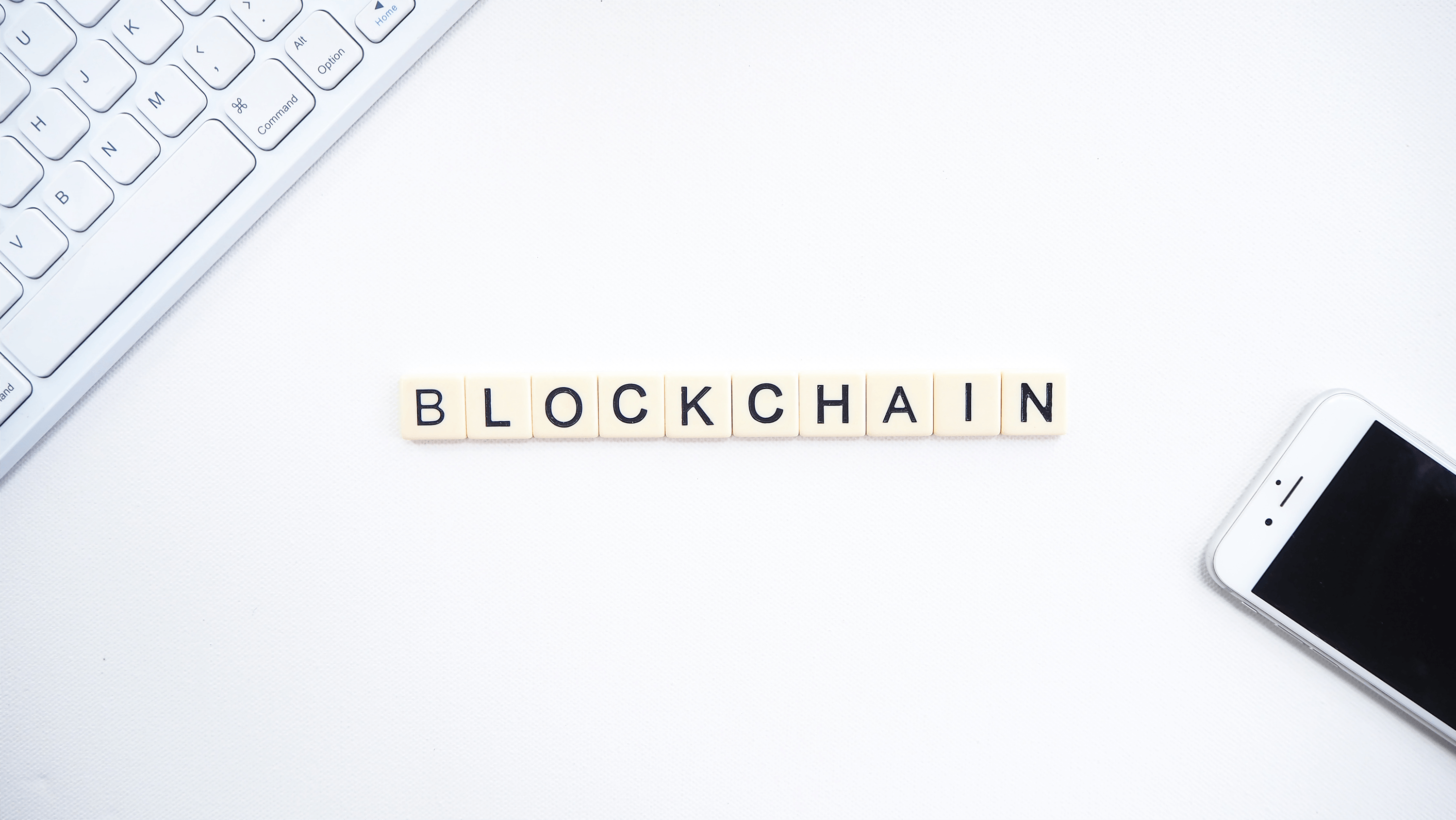Blockchain, it’s one of these snazzy buzzwords in constant rotation but with limited understanding: Artificial Intelligence. Big Data. Machine Learning. Blockchain. Unless we can visualize the concept or perform the activity. We have been hearing about blockchain for a while, but only recently understood it. What is blockchain? We could tell you a complex definition, but we would rather show you. Imagine you’re writing an essay on blockchain for a class. You spent a week perfecting it, and you believe it is flawless. Nevertheless, you ask your friend to edit it for any spelling errors. Your friend edits the essay in a word processing editor. When your friend emails you the revised version days later, you have tons of questions. Why are there so many revisions in your seemingly perfect essay? You keep emailing back and forth, but with days in between, the feedback is grudgingly slow and confusing. This process is how most databases work – only one person can edit data at a time.
Instead of utilizing this conventional editing process, imagine a different scenario: after finishing your essay, you electronically share the document via Google Docs. This allows both you and your friend to view any changes to the document, access the document concurrently, and exchange feedback instantly in real time. In the realm of blockchain, the shared document is a public database stored on millions of computers simultaneously. At its core, blockchain allows digital information to be distributed securely. Every communication is verified through a peer to peer network, instead of using a centralized authority, like a server. The “block” in blockchain is the digital item being sent, and the “chain” is the public database. Unlike a shared Google document that allows you to revert to previous versions, once a block is added to the chain, it cannot be altered. No complex definitions here, only 3 core tenets: transparency, decentralization, and immutability.
Transparent, decentralized, immutable transactions will have a dramatic impact on the way society perceives the socioeconomic ecosystem. Perception is crucial in revolutions; one has to believe change is possible. Blockchain is revolutionary because it has the potential to remove perception gatekeepers: the middleman. Increased transparency results in increased financial, online, and physical security. Getting rid of mediators saves communities time, money, and protects their privacy. Traditionally, banks charge transfer fees, and credit cards charge processing fees. Imagine banking without banks, conducting real estate without brokers, or bypassing utilities when purchasing energy. Companies often collect data about its customers, offline or online. Consumers are not aware of what data is being collected nor who it is being shared with. Decentralized transactions also mean moving sensitive data away from centralized storage. Blockchain can minimize fraud by reducing human error, and giving people more control over their finances and identity. Consequently, people will have increased trust in their economy, shifting beliefs, shifting cultures, and sparking a worldwide revolution. The benefits of blockchain are tenfold on a global scale. In developing countries steeped in governmental corruption, perception is everything. Charities will be more prone to offer aid if they can trust where their funds will be dispersed. For the underserved, services backed by blockchain correlates to access and opportunities which were previously denied. In an area where most citizens do not have bank accounts, digital wallets backed by blockchain could be a solution. Most developed countries must grapple with integrating existing infrastructure with blockchain, whereas a lack of infrastructure in developing countries serves as an opportunity to adopt blockchain. Giving previously denied privileges to the marginalized? Sounds like a Revolution.
At its core, amidst complex computer algorithms and mathematical computations, blockchain is about ensuring irrefutable trust, transparency, decentralization, and immutability. Unlike some technologies, blockchain is not limited to the affluent. Blockchain will be a catalyst for a more secure physical and digital world.





